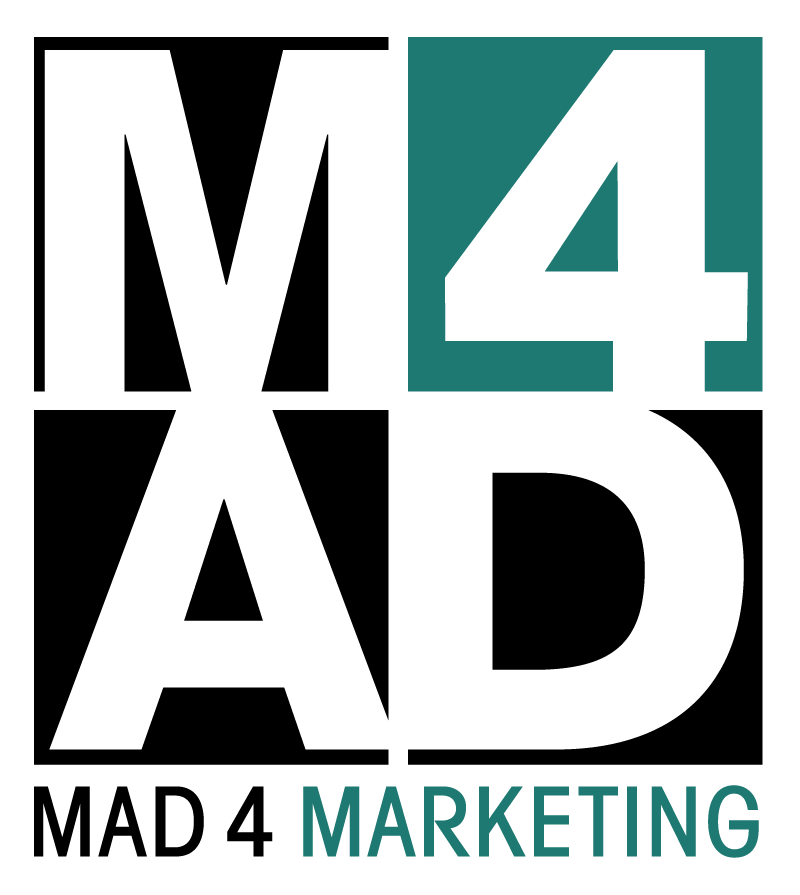In 2010 it’s time to ask: why isn’t the face of your business on Facebook?
True, Facebook has been around as a social networking site for students since 2004. But rather than become an outdated tool over the years, Facebook has been expanding its services to better enable professionals to use the popular website for interacting with clients and colleagues. And it’s not just about marketing to the college-age kids who were Facebook’s original audience—though they remain its main demographic. In 2009, adults between the ages of 25 and 34 doubled by the month, while adults between 35-54 years of age demonstrated a growth rate of 276.4% in presence over six months in the first half of the year. In fact, Facebook was increasingly utilized for adult marketing as soon as the website opened enrollment to all adult age groups in 2006. And it’s been taking off as a popular marketing platform ever since.
The relevance of Facebook is that it’s all-in-one social media marketing. It’s a quick and easy way to let prospective customers know what’s new with your business, in real time. You can reach out to interested individuals anywhere in the country—or anywhere in the world. And you can immediately receive their thoughts and feedback about your announcements, products or services. Whether you’re courting new clients or keeping in touch with existing contacts, Facebook is a casual and convenient way to communicate via words, pictures, links and multimedia. It’s easy to get started and easy to use, and your consumer base is already built in. Plus, there are several ways to get involved.
The first way to get involved with Facebook is to create an account. Although accounts are reserved for individuals (rather than businesses), an account for your company can be started by an employee, or a dummy account name can be used to represent the company name. This account will allow your representative to link directly to friends, post status updates and shared pictures. This account can also be used to fan pages, join groups and leave commentary on other relevant pages of Facebook.
Then you’ll want to create a ‘Group’ and/or ‘Fan Page’ for your business or product. The difference between these two options is that a group is a static page that other users can join, which doesn’t give companies the option of communicating directly and freely with its members. However, every time someone joins this group, Facebook will tell all of their friends that they are a member, which may bring about brand awareness and inspire others to join. The group’s homepage can provide further information about what your company does, and allows you to contact members directly through their inbox.
However, a fan page may be even more pertinent to businesses joining Facebook because this page allows you to advertise your brand’s identity while also sending out messages and updates to those who are interested in your services. Notifications will be shown to a user’s friends when they ‘become a fan’ of your page. Messages are sent out as live feeds, rather than as messages which stay in someone’s inbox until it has been read. However, fan pages can be accessed by non-Facebook members or those who aren’t logged into their account, so these may be more accessible than group pages overall.
Furthermore, you may wish to purchase advertising directly on Facebook. Though pricing remains competitive for space on this popular website, advertising on Facebook pages is popular because it allows buyers to tailor viewings to certain age groups, geographic locations, personal interests–or any of the other information that users supply when they join Facebook. This means that none of your advertising dollars will go to waste, because you are able to specifically target the audience who will most likely be interested in your company’s services.
Last but not least, complementary advertising campaigns (such as any coinciding print advertising you do) should feature elements that promote your Facebook page and encourage fellow Facebook users to become friends with your main account, join your group or become a fan of your business through its unique page. Your presence and pages become a hub which interested parties can easily access from a site where they are already likely to traffic and be active, which means you’ll have a leg up on expansive, dynamic marketing when you put your business on Facebook.
